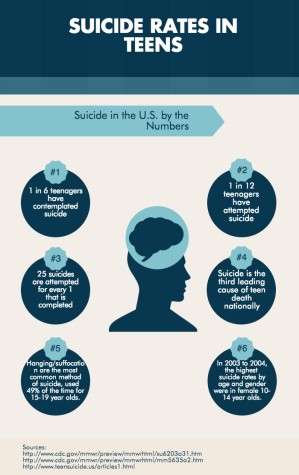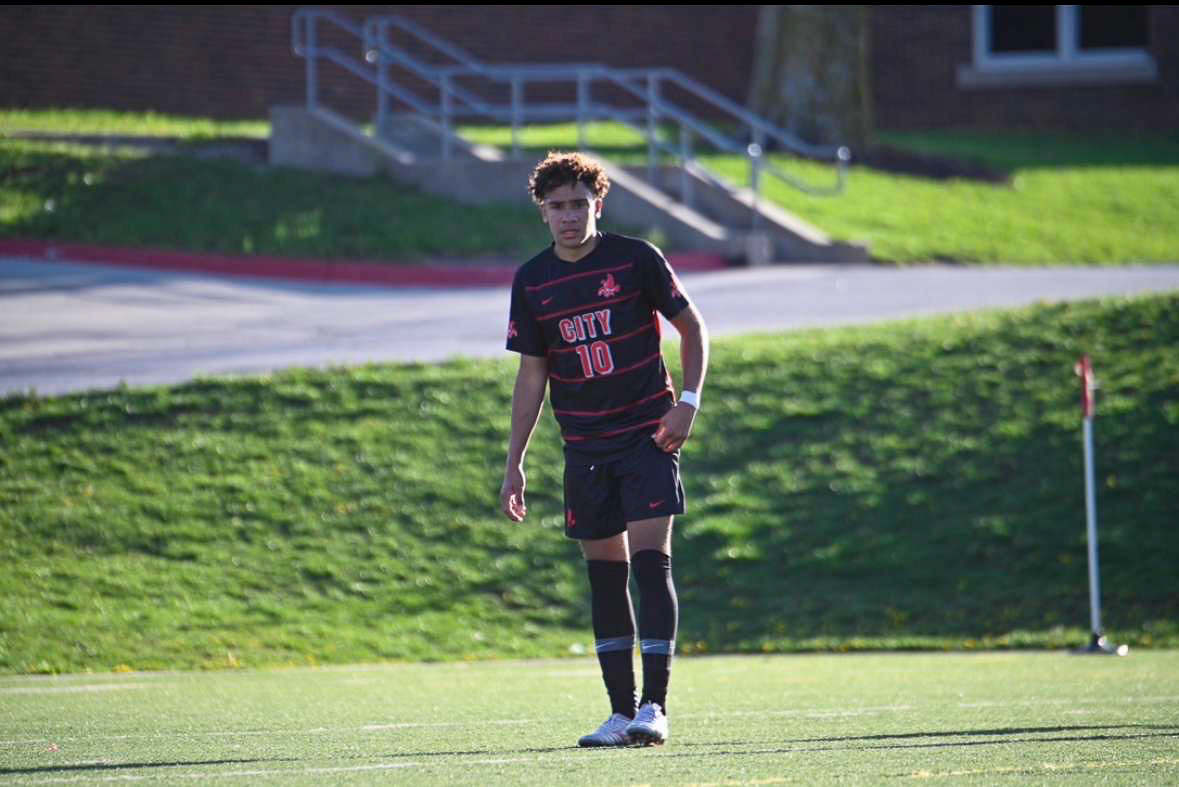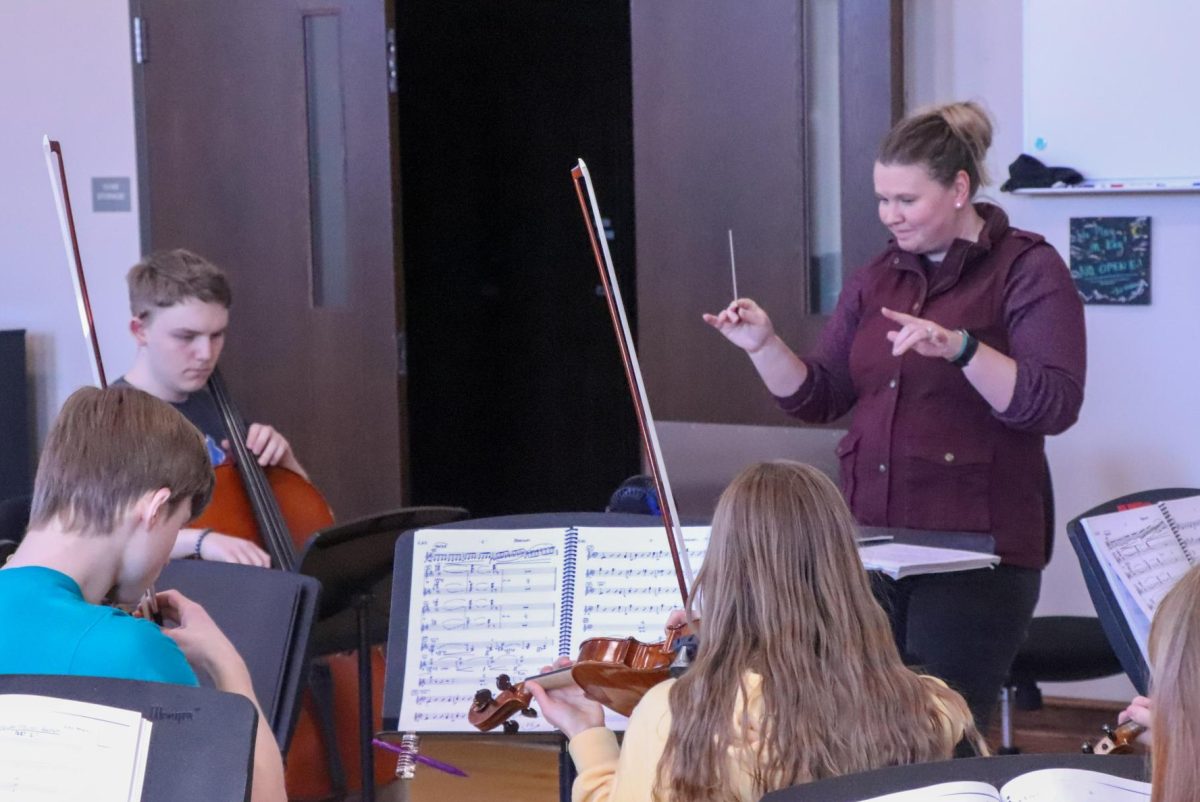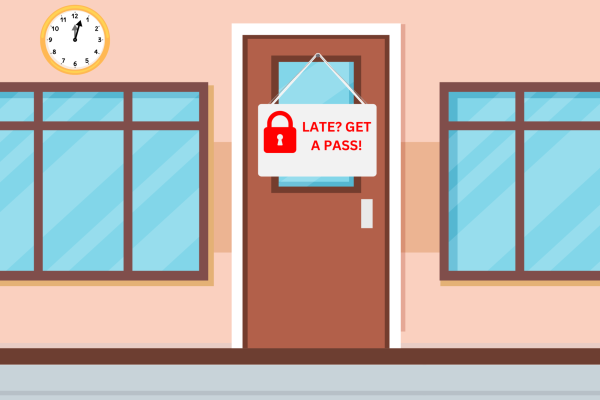National Suicide Prevention Week Calls Attention to Teen Epidemic
September 16, 2015
In Iowa, more teens die from suicide than car wrecks, interpersonal violence, or cancer. Depression and suicidal ideation are growing epidemics in this country, and sometimes it’s hard for teenagers to know what to do about it.
“A lot of people are nervous about asking someone if they have suicidal thoughts,” said Dr. Alison Lynch, a psychiatrist at the University of Iowa Hospitals and Clinics. “I think they’re afraid they might plant the seed in the other person’s mind. The best thing to do is to ask if they’re okay.”
Feelings of isolation may intensify suicidal ideation, so it’s important for teens to find support and help, says Lynch. For Ileana Knapp ‘19, the children’s psychiatric ward provided safe harbor as well as strategies for coping.
“I sometimes use some of the DBT skills I learned in the psych ward to help,” Knapp said.
DBT, or dialectical behavior therapy, is a type of cognitive therapy that helps adolescents with mental illnesses cope, mainly in a group setting. It focuses on mending relationships and ways to distract yourself to make yourself feel positive emotions, instead of the negative and dangerous ones you might be experiencing.
These emotions can be caused by a variety of factors. Typical teen triggers might include the loss of a loved one, school-related stress, parents’ divorce, and a variety of mental illnesses.
“Adolescence is such an important time to figure out who you are and find your place in the world and where you want to go,” said Lynch. “And also how you want to manage relationships. There’s a lot of pressure to achieve and do well in school. So much pressure to succeed can definitely be a risk factor for suicide.”
Suicidal depression is a clinical condition. It’s different from sorrow or grieving, which are normal and healthy responses to difficult or sad situations. According to Lynch, some warning signs for suicidal depression include acting withdrawn, not enjoying usual activities like socializing with friends, or not going to school. Also, “saying things like ‘life’s not living anymore’ or acting hopeless, writing a suicide note or a note about not wanting to live anymore,” she added.
“When somebody starts making a plan for their attempt or seriously talking about it or can’t stop thinking about it, then that is considered a medical emergency and they should be taken to the emergency room,” Lynch explained. At the ER, an adolescent psychiatrist on call will evaluate the patient to determine whether hospitalization is necessary.
UIHC’s mental health staff members offer services ranging from outpatient care to acute inpatient treatment, according to its website, which states, “Services include medication management, educational consultation and testing, psychological testing, individual therapy, and family counseling. The UIHC adolescent mental health team includes psychiatrists, psychologists, social workers, therapists, nurses, and educators dedicated to helping their patients achieve and maintain good mental health as they and their families move their lives forward.”
Not everyone needs emergency care, however. For these individuals, there are plenty of resources in the Iowa City area. The Crisis Center staffs a 24-hour hotline for suicide prevention. The volunteers working at the hotline are extensively trained to provide confidential, compassionate, and respectful support. The Crisis Center also has an online, anonymous chat service daily from 1:00 pm to 1:00 am. Other national organizations have similar resources. The National Suicide Hotline is available 24/7, in both English and Spanish. They have an online chat as well, quite similar to the Johnson County Crisis Center’s. There are several other websites and apps (see sidebar). Many psychologists in the Iowa City area provide counseling for depression and suicidal ideation.
Knapp said she finds talking to her therapist helpful. She added, “I find talking to people works pretty well.”
Lynch agrees. Recovery, she said, “often means getting help with a healthcare provider or a therapist or a nurse practitioner. Part of that is going to your appointments and taking your medication — being connected to the things that the people who are taking care of you recommend.”
Lifestyle matters, too “Also, taking care of yourself; sleeping enough regularly, eating a healthy diet and getting regular exercise and setting aside time to relax,” Lynch noted.” “Be sure to keep up with work so the stress of that doesn’t catch up with you. Try to avoid drugs and alcohol, because they fuel depressive thoughts and actions.”
Suicide is serious — but fortunately, it’s very preventable. Many teens struggle with this issue: the CDC reports that one in 12 high school students have attempted suicide, and one in six have contemplated it. However, help is readily available to those who need it.
“Often the stressors that are leading someone to feel suicidal are things that are not permanent, and are often things that can be resolved,” said Lynch. “By reaching out for help, teens can find a brighter future.”



















































